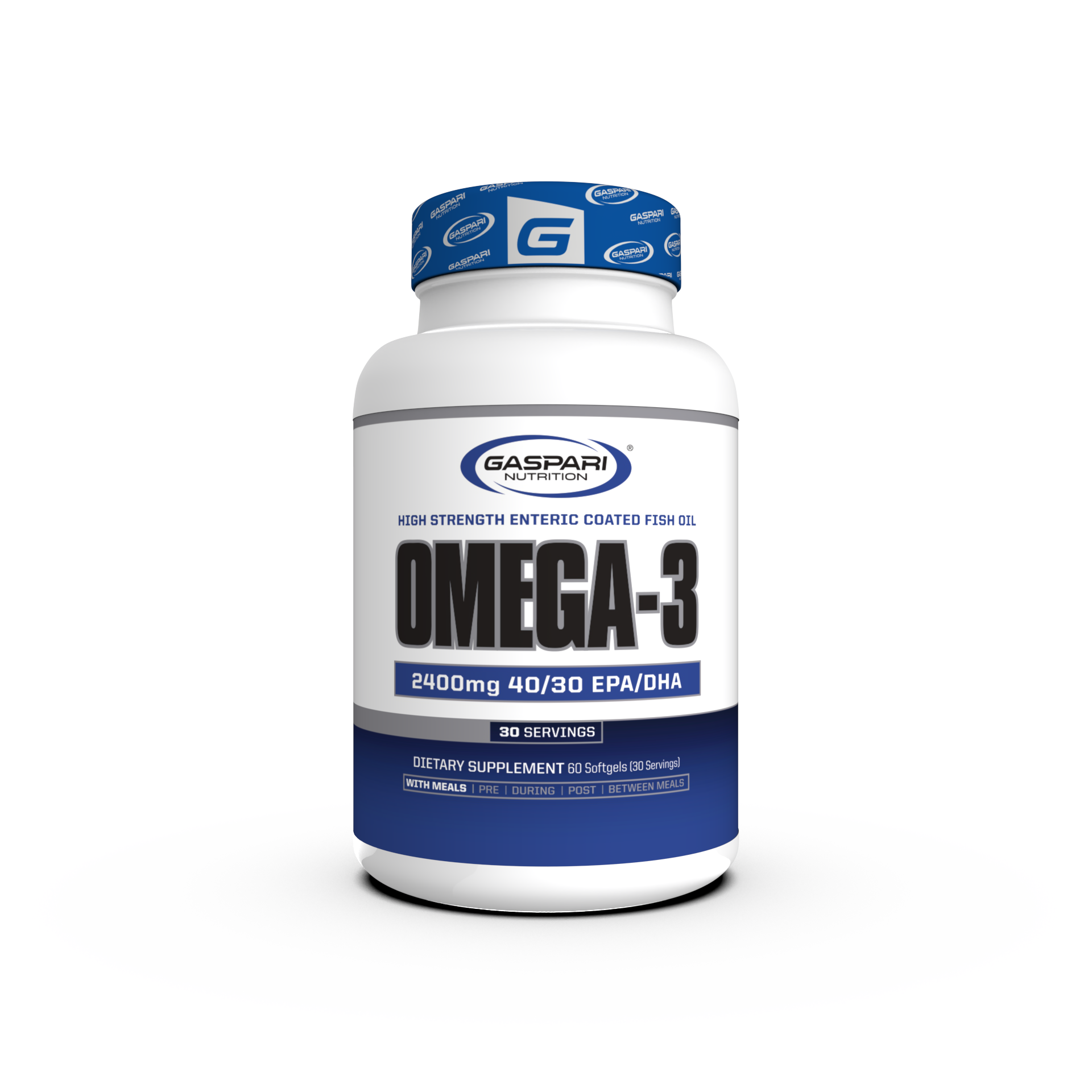
Up to 30% OFF

Up to 30% OFF

Up to 30% OFF

Up to 30% OFF

Up to 30% OFF

Up to 30% OFF

Up to 30% OFF

Up to 30% OFF
Omega-3 – High Strength Enteric Coated Fish Oil
$24.99
In stock, ready to ship
Stacks well with
About Omega-3 – High Strength Enteric Coated Fish Oil
no sweeteners, fillers, added sugar or soy


Supplement Facts
Fish Oil Concentrate
Crafted with the essentials and no added flavors
FAQs
Please read our FAQs page to find out more.

